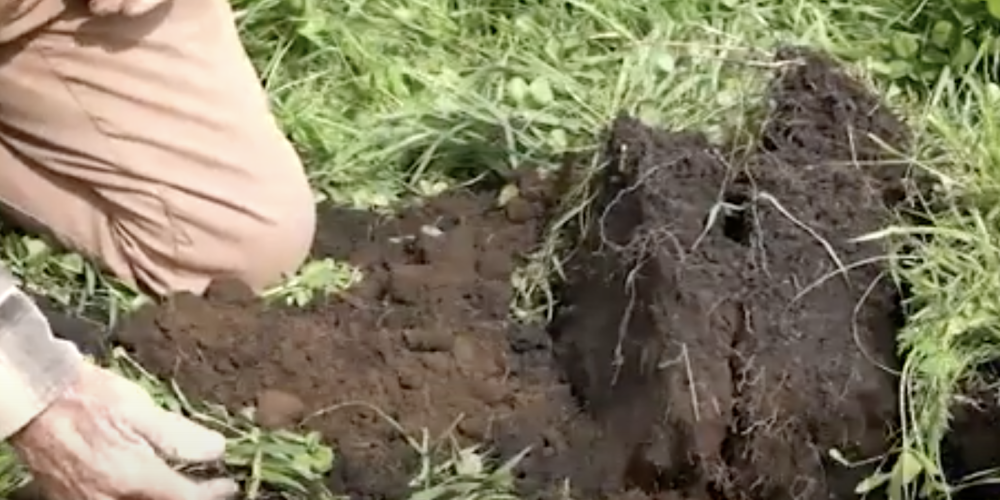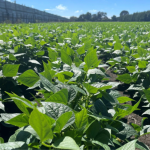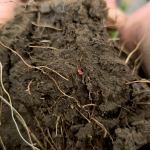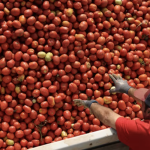Trust's take on Gov't Emissions Reduction Plan
We are disappointed the Gov't ERP broke no new ground regarding regenerative agriculture practices.
Added 4 years ago

The Government’s just-released climate Emissions Reduction Plan (ERP) aims to “Build our brand as one of the most sustainable producers of food and fibre in the world.” To accomplish this, the ERP’s key initiatives include:
- Incentivising farmers to reduce their impact on the climate by being the first in the world to introduce a price on agricultural emissions from 2025
- Establishing a Centre for Climate Action on Agricultural Emissions to accelerate getting emissions-reduction tools, practices and technologies on farm
- Working alongside farmers with climate-focused farm advisory and extension services
- Funding tikanga-based agriculture programmes to support the aspirations of Māori
- Increasing the value of our forestry sector by supporting low-emissions products and accelerating the bioenergy market.
Not surprisingly, commentators across the spectrum – including in the farming sector – have found aspects of the ERP to applaud or criticise.
However, both major parties have agreed to GHG budgets which require biogenic methane emissions from agriculture (and waste) to be 10% lower by 2030 and 24-47% lower by 2050 (compared to 2017 levels). All farms must have emissions reports by the end of this year and mitigation plans by 2025. And agricultural emissions will be priced from 2025.
From the HB Future Farming Trust’s perspective, we of course believe that all sectors must share the burden of addressing climate change.
But our focus is especially on the practices that occur on the ground, behind the farm gate, that can help mitigate GHG emissions and indeed build and sequester carbon in the soil, while also yielding improvements in water and nutrient retention.
From that perspective we are disappointed that the ERP broke absolutely no new ground with respect to regenerative agriculture practices. Its entire discussion of regen ag could have been written five years ago and reads as follows:
“Build knowledge on regenerative agriculture
More research is needed to understand and measure the potential environmental benefits of regenerative agriculture – a nature-based solution – in Aotearoa New Zealand’s specific context – including how such practices can contribute to our 2050 targets.
Regenerative agriculture practices aim to increase soil carbon, improve soil health and contribute to improved freshwater quality, reduce the climate footprint of food systems and enhance biodiversity.
A Technical Advisory Group for regenerative agriculture was established by the Ministry for Primary Industries in September 2020. Its purpose is to help establish an evidence base for regenerative farming and horticultural practices. The Sustainable Food and Fibre Futures fund is investing in projects to test and validate regenerative agriculture practices.”
There is no indication in the ERP that the Government understands the massive contribution adoption of regen practices could make to curbing and offsetting NZ’s GHG emissions. The Government is more determined to spend $300+ million on feed chemistry and genetic-engineering solutions to farm emissions than to working with the soil chemistry that nature already provides … for free.
The HB Future Farming Trust is successfully working here in Hawke’s Bay to establish the ‘evidence base’ for regen ag that the Government says it is looking for (for example, view our John Kamp video). We've invited them to come to our party.
Join the conversation
Be the first to leave a comment.
Leave a comment
All comments are reviewed before they are published on the website. Your email address will not be published.



Community Engagement and Knowledge Sharing Strengthen the Carbon Positive Project


Farewell to Trustee Phil Schofield – A Foundational Leader of the HBFFCT

